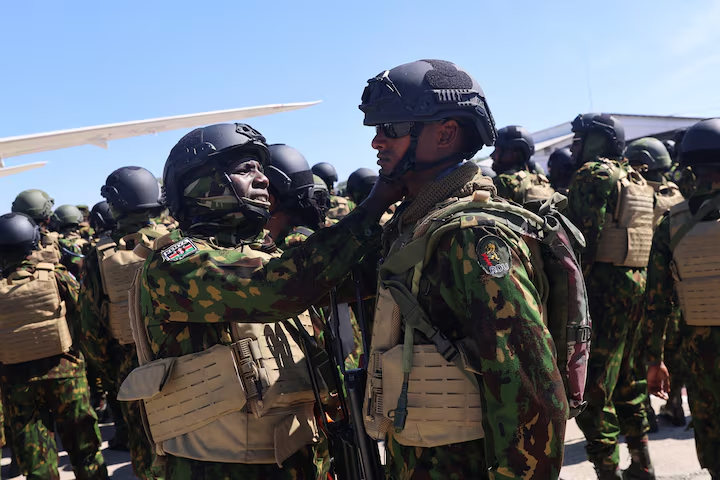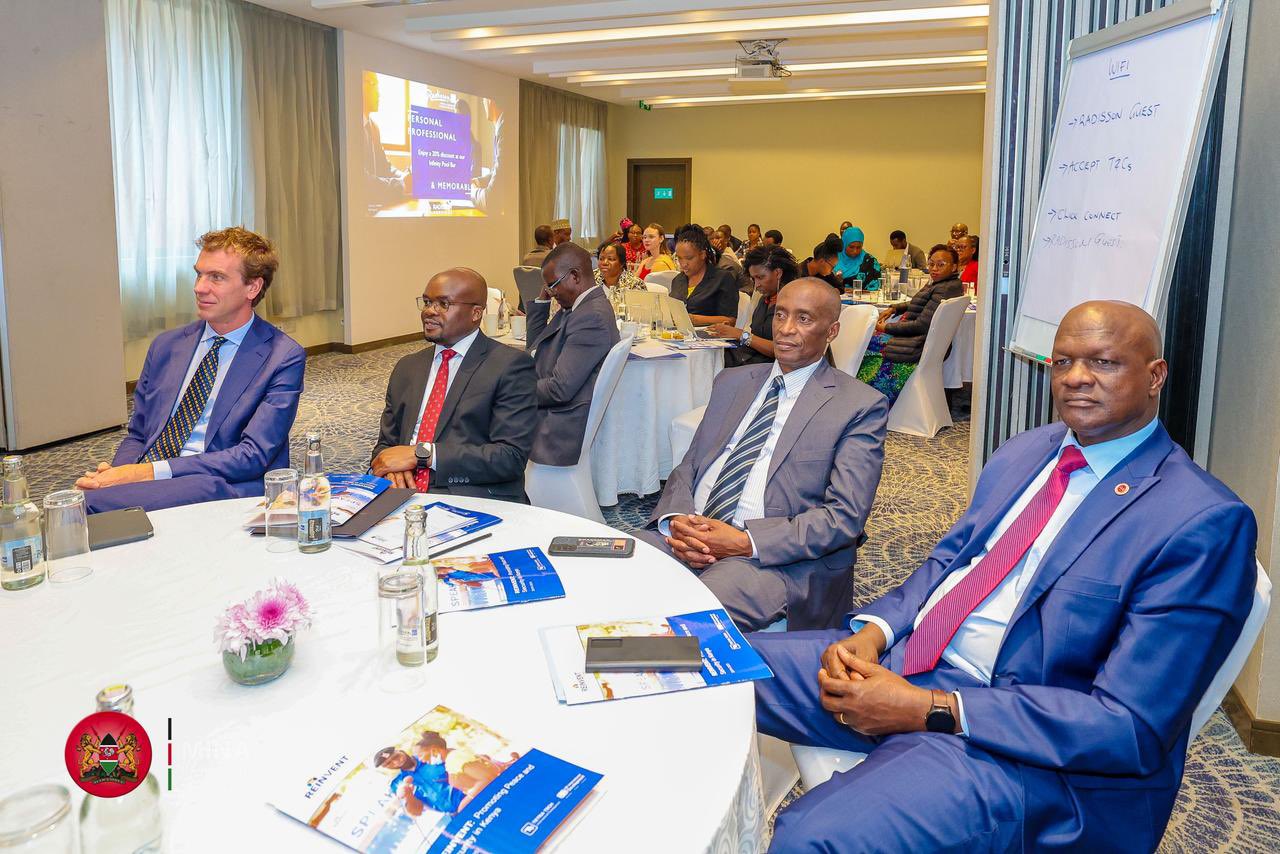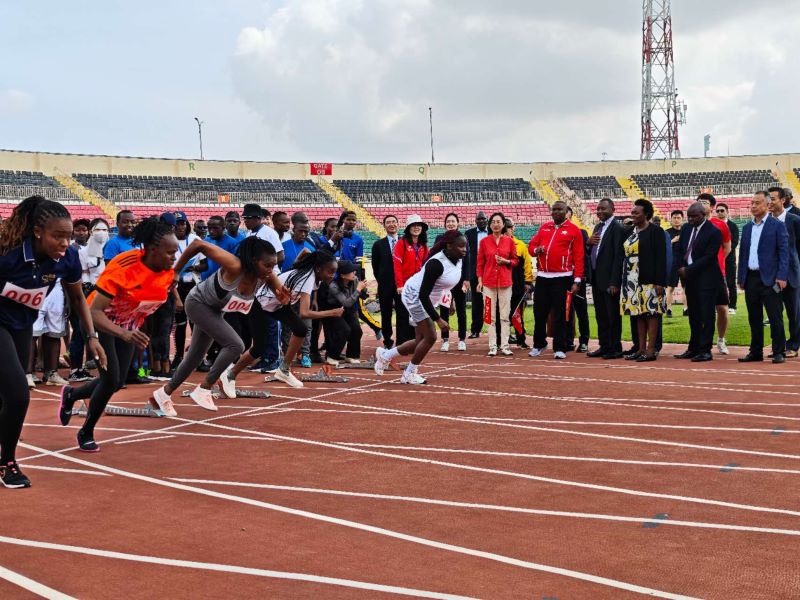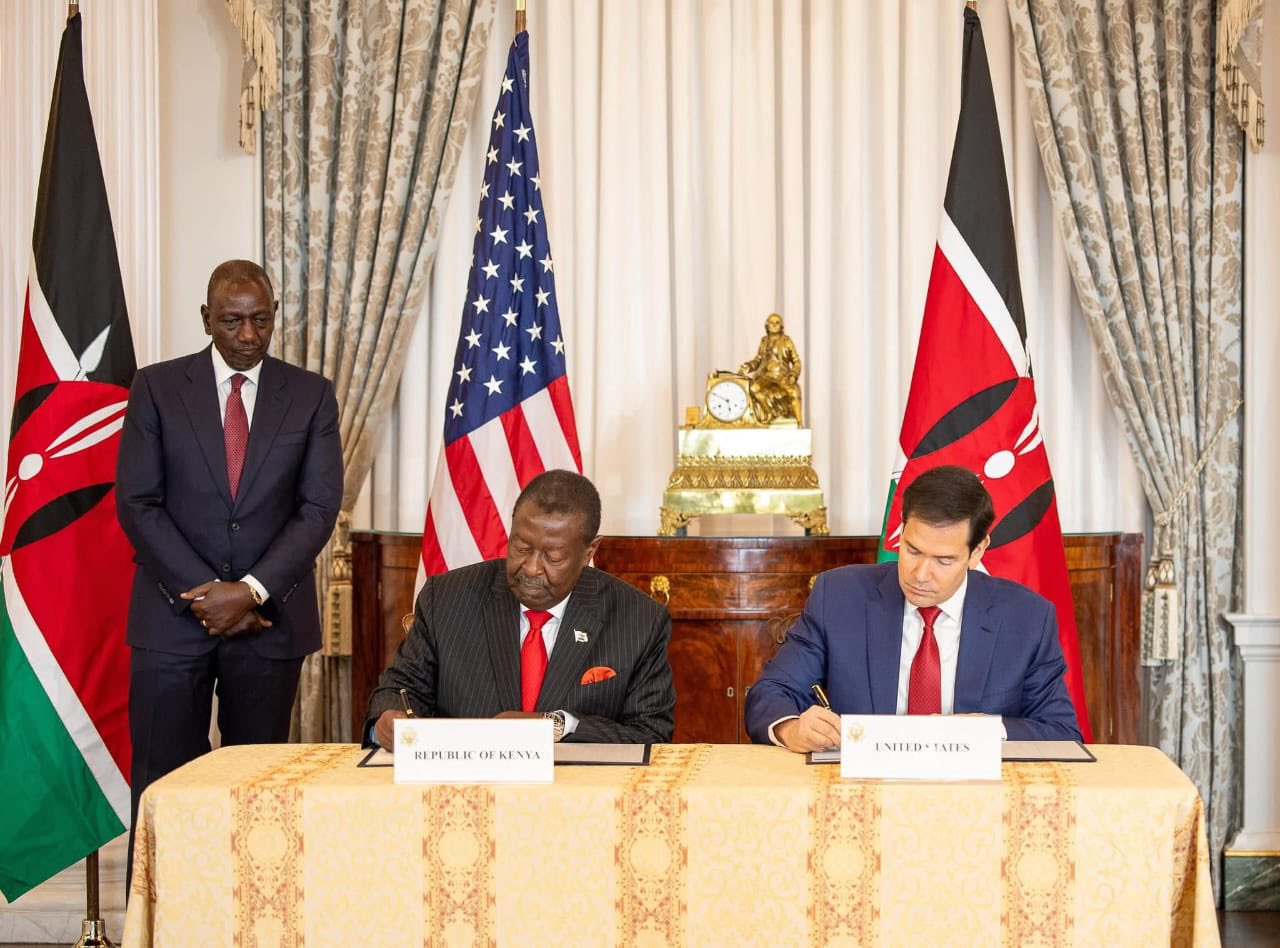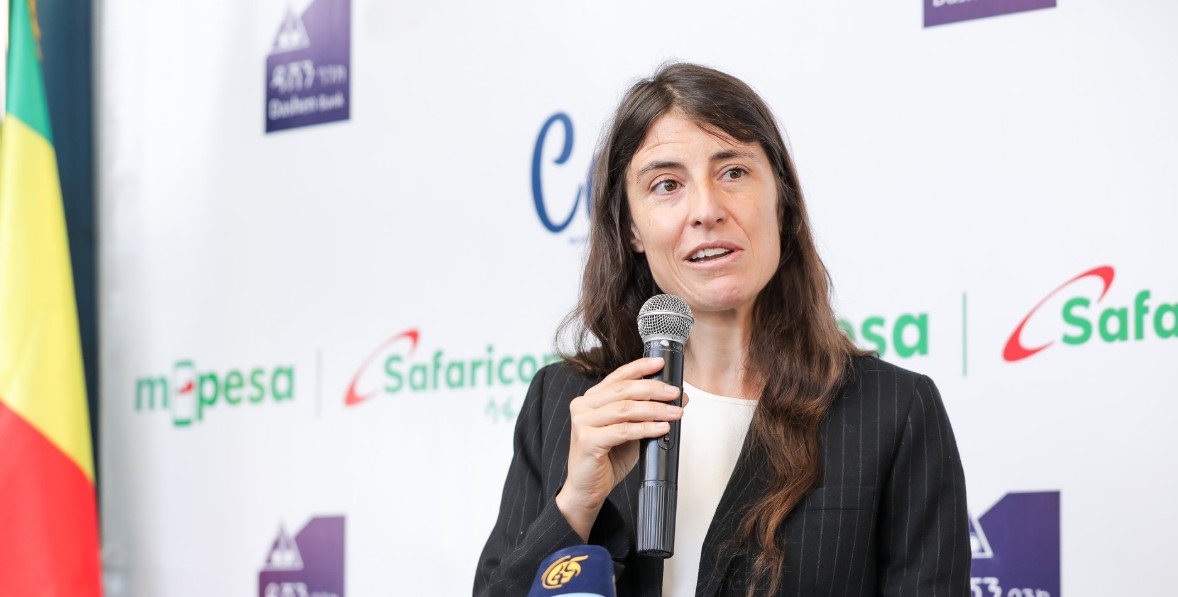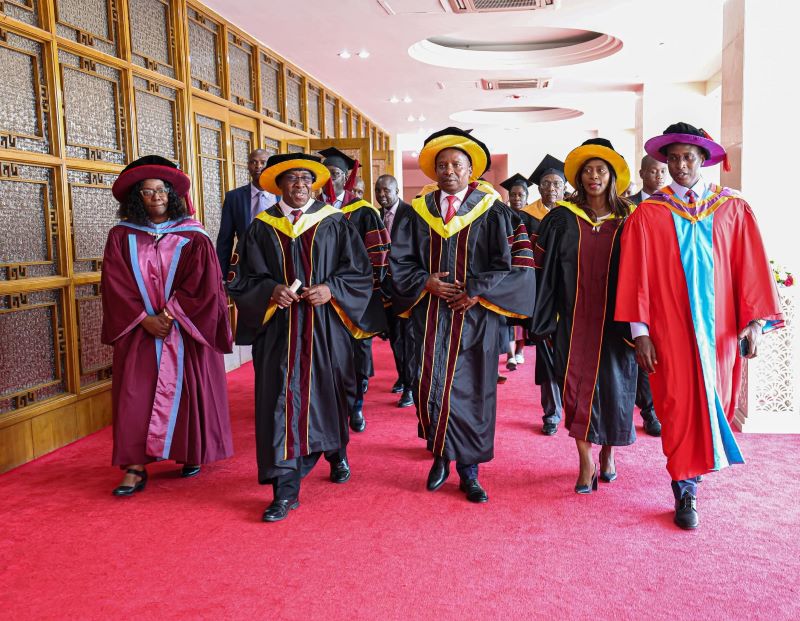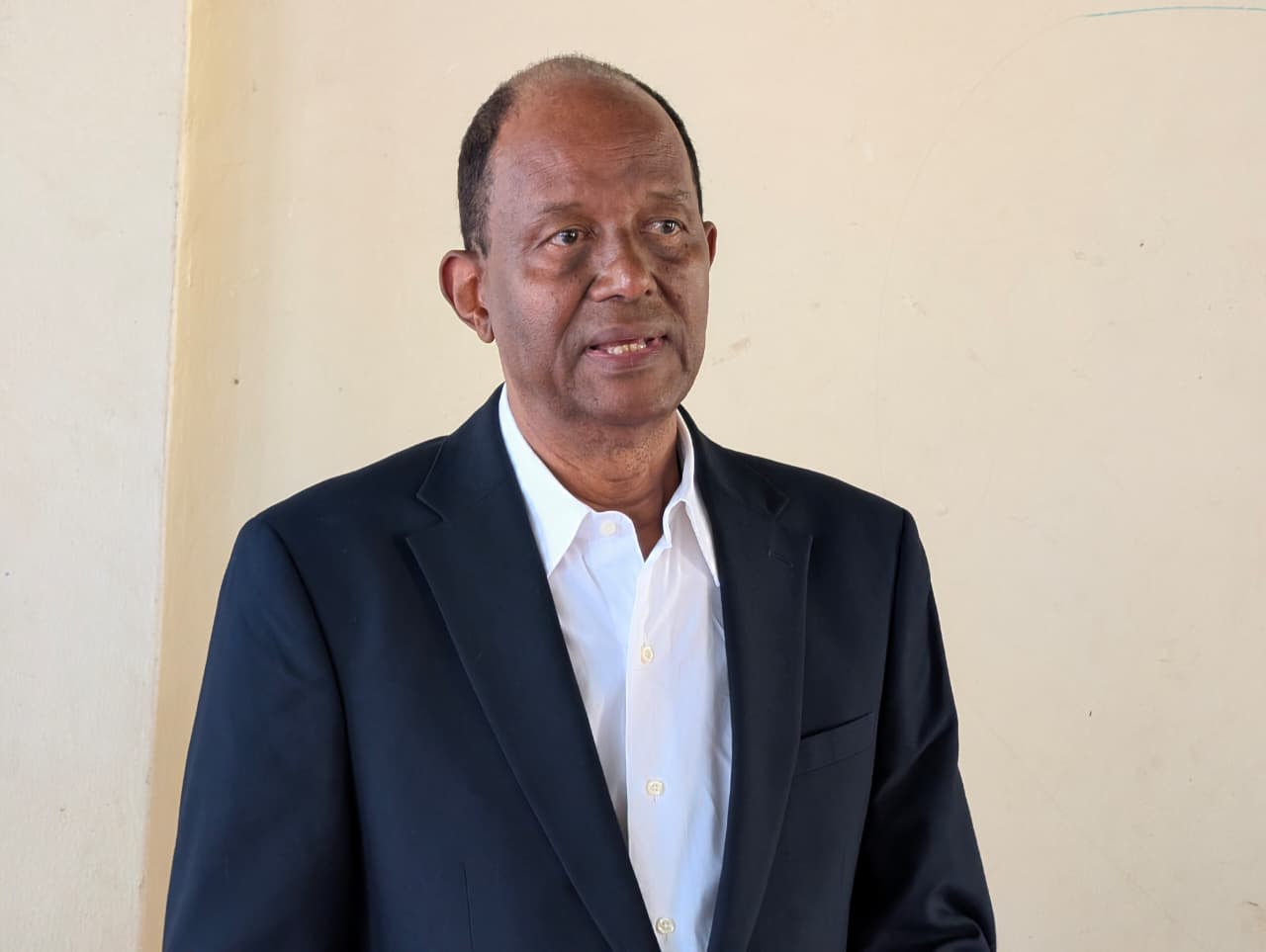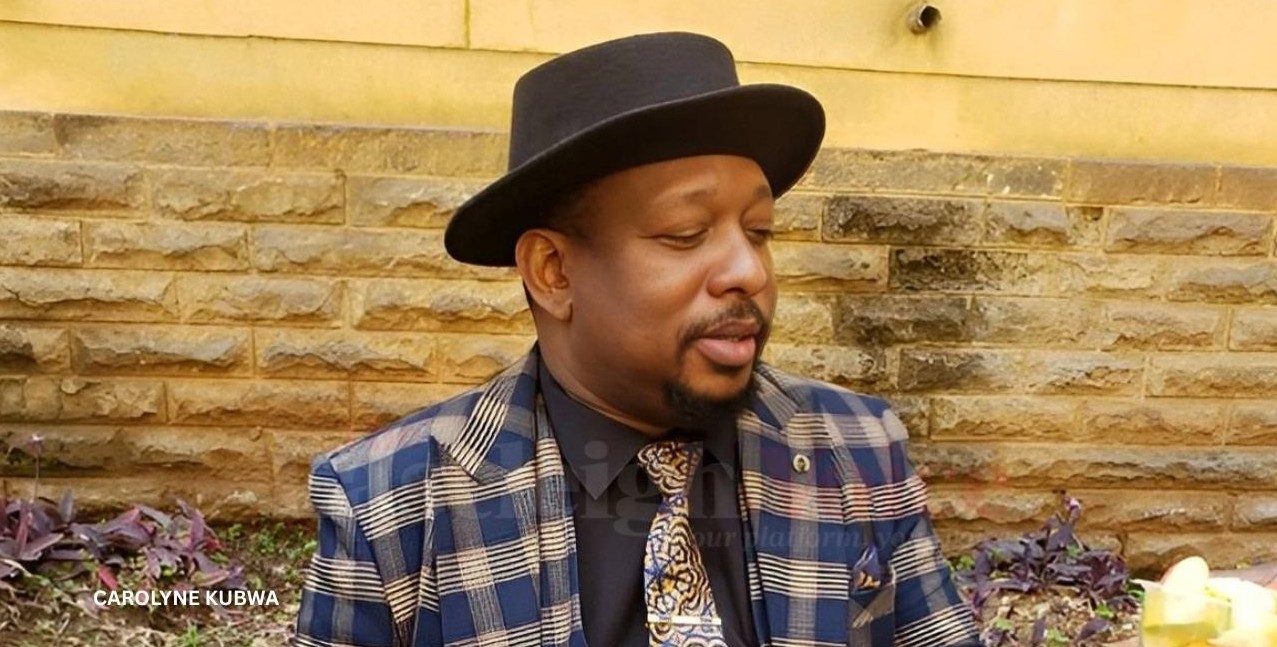South Sudan President Salva Kiir overhauls security, administrative leadership amid internal tensions
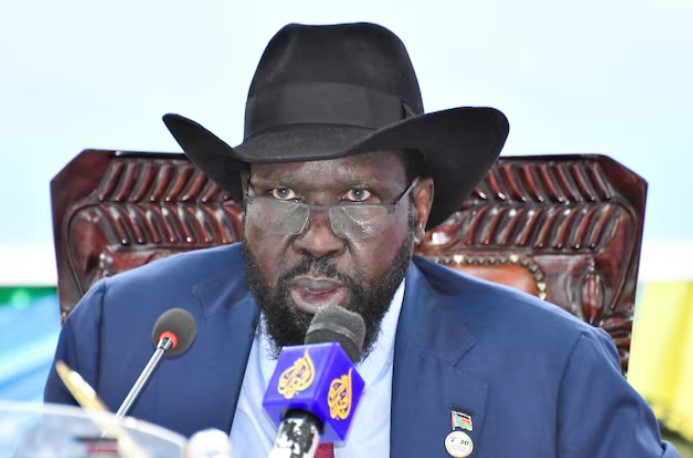
President Kiir dismissed the country’s army chief, police inspector-general, and central bank governor in a significant reshuffle following recent security concerns in the capital, Juba.
South Sudan’s President Salva Kiir has dismissed the country’s army chief, police inspector-general, and central bank governor in a significant reshuffle following recent security concerns in the capital, Juba.
The changes, announced late Monday via decrees on state-run South Sudan Broadcasting Corporation (SSBC), come weeks after a violent incident in Juba raised fears of internal discord within the security apparatus.
More To Read
- 1,000 weapon‑wounded patients treated in South Sudan hospitals this year - ICRC
- From silence to strength: South Sudan women leaders speak out and drive change
- MSF demands protection of civilians after deadly attack in Upper Nile State, South Sudan
- US ends Temporary Protected Status for South Sudanese nationals
- UN warns 7.5 million South Sudanese at risk of severe hunger
- South Sudan peace deal at risk amid ceasefire violations, political discord - report
The reshuffle includes the removal of General Santino Deng Wol as Chief of Defense Forces (CDF) of the South Sudan People’s Defence Forces (SSPDF), with General Paul Nang Majok appointed as his replacement.
General Santino, who served as army chief since April 2021, has been reassigned as undersecretary at the Ministry of Defence.
The role marks his transition to an administrative position after a military career that saw him command the 3rd Infantry Division in Northern Bahr el Ghazal State.
Kiir’s decision also affected the police leadership, with Lieutenant General Atem Marol Biar dismissed as Inspector-General of Police.
General Abraham Peter Manyuat has been appointed to replace him.
The financial sector was not spared, as Kiir reinstated Johnny Ohisa Damian as governor of the Bank of South Sudan, replacing James Alic Garang, who had held the role since October 2023.
Additionally, Garang Majak, the first undersecretary at the Ministry of Finance and Planning, was replaced by Arop Nuoi Arop.
Violent incident
The reshuffle follows a violent incident in Juba’s Thongpiny neighbourhood last month, where security forces clashed during an attempt to arrest General Akol Koor Kuc, former Director-General of the Internal Security Bureau (ISB) of the National Security Service (NSS).
The operation, reportedly ordered by Kiir, resulted in heavy gunfire, leaving four dead, including a schoolgirl and a lawyer, and several others injured.
The SSPDF described the violence as a “misunderstanding” among deployed security forces.
This incident drew comparisons to previous escalations of violence in Juba, notably the December 2013 and July 2016 clashes.
Analysts suggest that the reshuffle reflects Kiir’s efforts to stabilize the security sector and address growing distrust and paranoia within his government.
Other Topics To Read
The reshuffle also underscores the challenges facing South Sudan’s governance amid the ongoing implementation of the 2018 peace agreement.
The frequent changes in leadership, particularly in the security sector, highlight the fragile nature of stability in the young nation.
While Kiir has not provided official reasons for the shake-up, his actions align with past patterns of unannounced nighttime changes aimed at consolidating control.
Observers note that such abrupt moves, coupled with increasing security tensions, could further strain efforts to maintain peace and order in South Sudan.
Top Stories Today
